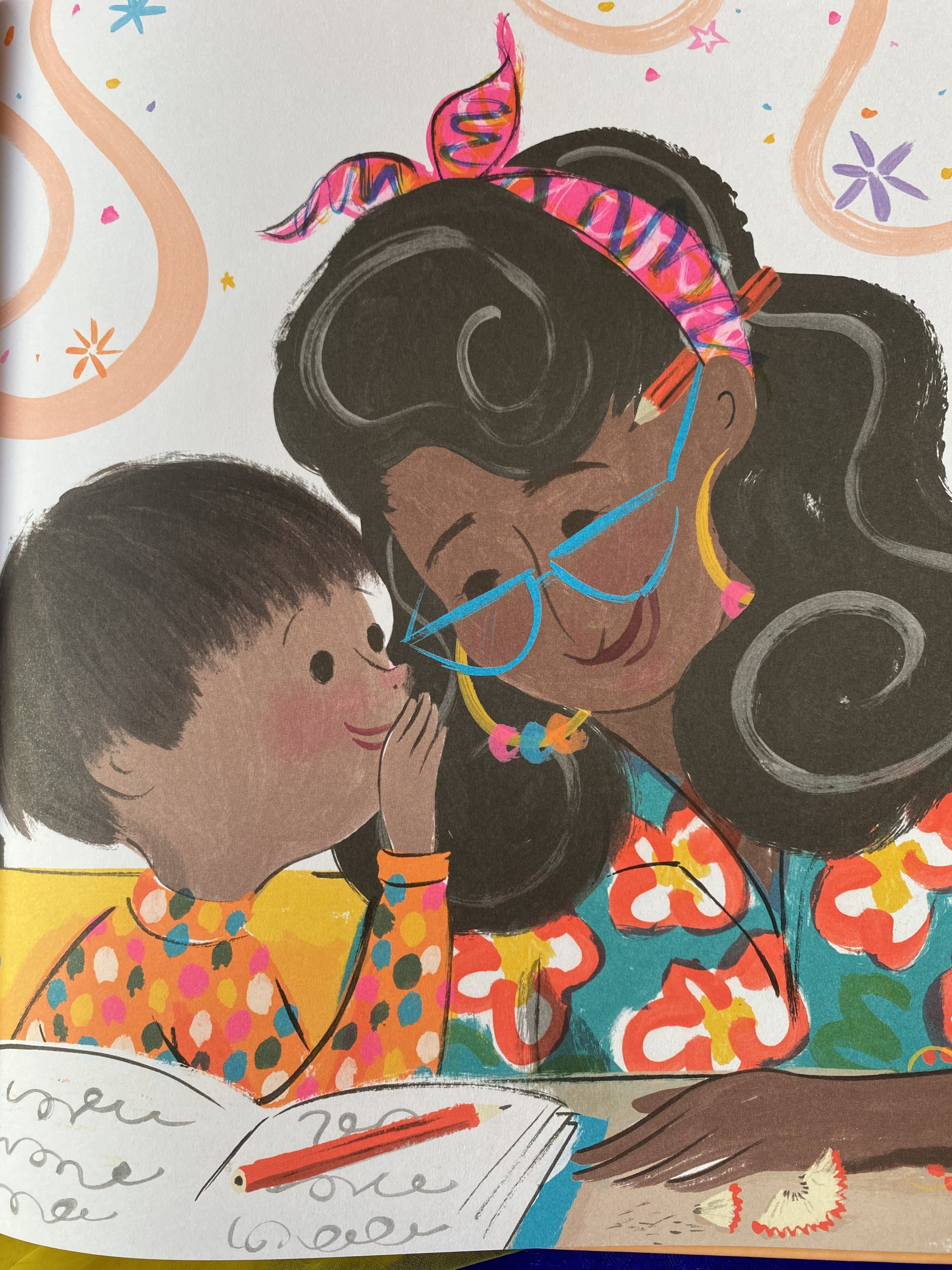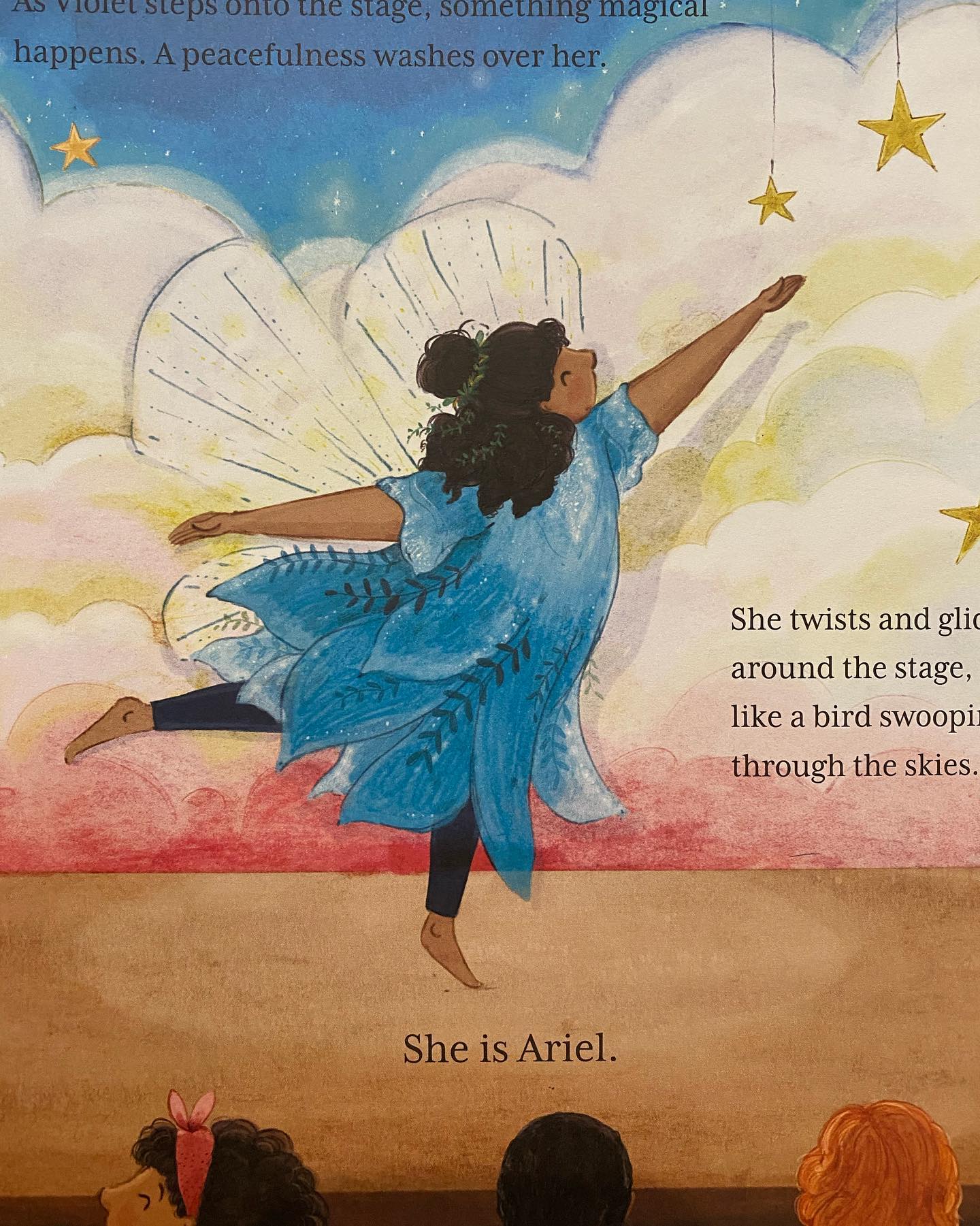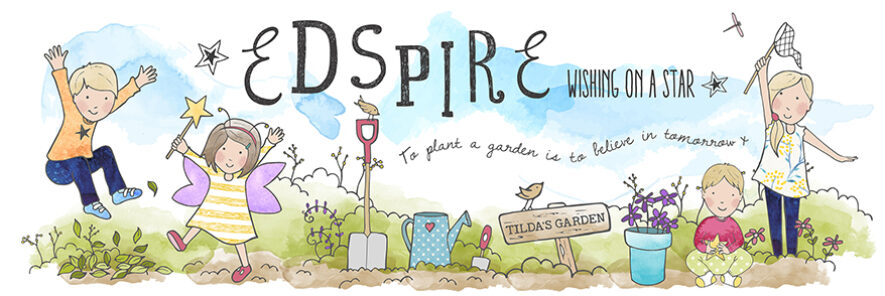This is a sponsored post
Gratitude is the act of being kind, honest and establishing a loving connection with you and another person. When parents attend to a child’s needs and inquisitiveness they’re learning about how to be grateful for the experiences they’re having, which begins a child’s process into learning about gratitude.
There are a number of strategies to explore gratitude with your child that can be modeled around your daily lives. Read on to find out what methods one of the best private schools in London has provided to try out at home today.
Model and teach gratitude
Children often follow what we’re doing as adults, so it’s important they’re able to follow the things we do in our own lives. If we’re expressing gratitude to ourselves on a daily basis, then it’s easy for our children to follow as we work.
Examples of this in action could be to thank a person at a shop you’re in, opening a door for someone else or if someone falls over you run over to assist. Praise others for the hard work they do in front of your child, and be sure to thank your child for all that they do for you too. Over time your child will pick this up and express their own forms of gratitude towards their friends, teachers and even you!

Focus on your child’s strengths
There are some things your child flat out won’t enjoy, but there are other areas that excel your child’s strengths. Use those to your advantage and build upon the things they enjoy and they’re more likely to be cooperative, collaborative and overall happier with what they’ve been asked to do. Your child is much more likely to be grateful for the things they genuinely appreciate, which in turn brings closer relationships and forms a much stronger bond between you and your child.

Encourage activities that involve your child helping others
Community involvement projects, assignments at school or working on the latest school concert or choir performance – these are just a few examples of the ways your child can show their gratitude. If they feel passionate about the work they’re doing for others they’re much more likely to express kindness and have a more positive attitude. Teachers and friends are also likely to notice what good work your child has done; positive feedback from your teachers can really motivate children to succeed and can help with their future studies.
